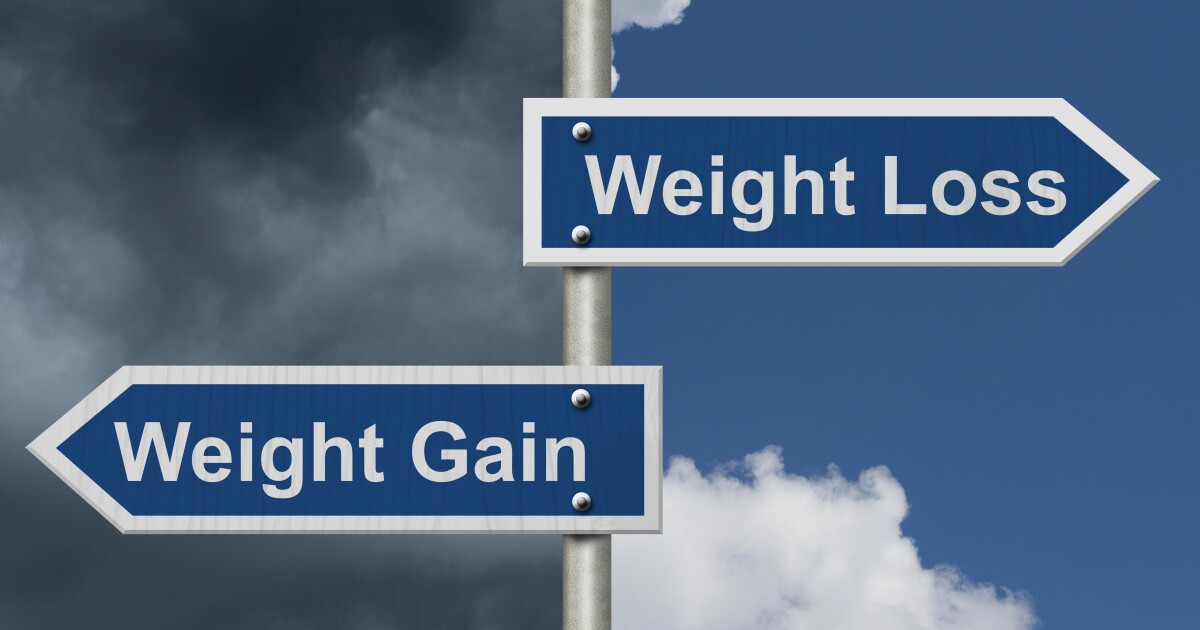Unlocking the Power of 100 Grams of Protein: A Guide for U.S. Readers
By Archyde News – Published: 2025-04-09
The Protein Puzzle: Why 100 Grams Could Be Your Sweet Spot
For Americans striving for optimal health,whether it’s hitting peak performance at the gym,shedding a few pounds before summer,or simply maintaining a healthy lifestyle,protein is a nutrient that frequently takes centre stage. But how much is enough? While individual needs vary, consuming 100 grams of protein daily can unlock a range of benefits. Let’s delve into the science and practical applications of this protein target.
A registered dietitian based in the U.S., explains the benefits of incorporating 100 grams of protein into your daily diet. Here’s a closer look at how this amount of protein can positively impact your body:
fueling Muscle Growth and Repair: The Cornerstone of Fitness
One of the most well-known benefits of protein is its role in muscle growth and repair.When you engage in physical activity, especially resistance training, you create microscopic tears in your muscle fibers. Protein, broken down into amino acids, is essential for repairing these tears and building new muscle tissue. This process is known as muscle protein synthesis (MPS).
According to her, “Protein intake plays a crucial role in muscle growth, metabolism, and fat loss. It provides the essential amino acids needed for muscle protein synthesis, helping repair and build muscle tissue, especially after physical activity.”
Think of it like this: Your muscles are like a construction site,and amino acids are the bricks.Without enough bricks, you can’t build a stronger structure. For the average 180-pound (81.8 kg) male, consuming between 98 and 131 g of protein daily, combined with resistance training, is needed to support muscle growth. For a woman weighing 150 pounds (68 kg) a similar calculation suggests a need for approximately 82 to 110 grams of protein. This is only a very rough estimate, and you need to speak to a professional for a more tailored evaluation.
Revving Up Your Metabolism: Protein’s Thermic Advantage
Beyond muscle building,protein also plays a significant role in boosting your metabolism. This is due to the thermic effect of food (TEF), the energy your body expends to digest, absorb, and process nutrients. Protein has a considerably higher TEF compared to carbohydrates and fats.
As the expert explains, “Protein plays a key role in metabolism. The body burns more calories digesting protein than fats and carbohydrates. The process of digesting protein requires more energy, which can definitely help increase overall calorie expenditure, supporting fat loss.”
In practical terms, this means that your body burns more calories simply by digesting protein-rich foods. A study published by the American Journal of Clinical Nutrition demonstrated that individuals on a higher protein diet experienced a greater increase in their resting metabolic rate compared to those on a lower protein diet. Imagine eating a grilled chicken salad for lunch instead of a bagel. Not only will you feel fuller for longer, but your body will also expend more energy processing the chicken, contributing to a slight metabolic boost.
| Macronutrient | Thermic Effect of Food (TEF) |
|---|---|
| Protein | 20-30% |
| Carbohydrates | 5-10% |
| Fats | 0-3% |
Preserving Muscle, shedding Fat: A Weight Loss ally
When embarking on a weight loss journey, one of the biggest concerns is losing muscle mass along with fat. A sufficient protein intake can definitely help prevent this. When you’re in a calorie deficit, your body may turn to muscle tissue for fuel. However, adequate protein provides the necessary amino acids to preserve lean muscle mass, ensuring that your body primarily burns fat for energy.
moreover, protein is known for its satiety-promoting effects. It helps regulate appetite, making you feel fuller and more satisfied after meals.This can be notably advantageous when managing a calorie deficit, as it can curb cravings and reduce the urge to overeat. According to a study published by the U.S. National Library of Medicine, a high-protein diet can definitely help prevent weight regain after weight loss. this is crucial for long-term weight management and maintaining a healthy body composition. Rather than reaching for that mid-afternoon sugary snack,try a handful of almonds or a Greek yogurt – both excellent sources of protein that will keep you feeling satisfied until dinner.
Addressing Potential counterarguments
While the benefits of a 100-gram protein diet are compelling, it’s essential to address potential counterarguments. one common concern is the impact on kidney health. However, research suggests that high protein intake is generally safe for individuals with healthy kidneys. Those with pre-existing kidney conditions should consult with their doctor or a registered dietitian before making significant changes to their protein intake.
Another concern is the potential displacement of other essential nutrients. It’s crucial to ensure that your diet is balanced and includes a variety of fruits, vegetables, and whole grains, in addition to protein sources.A well-rounded approach is key to optimizing overall health and well-being.
Practical Applications: How to Hit Your 100-Gram Target
So, how do you practically incorporate 100 grams of protein into your daily diet? Here are some tips and examples:
- Breakfast: Start your day with a protein-packed breakfast. Consider Greek yogurt with berries and nuts, an egg and veggie scramble, or a protein smoothie. Such as, a cup of Greek yogurt (20 grams), ½ cup of berries, and ¼ cup of almonds (6 grams) provides a quick and flavorful start to the day, totaling about 26 grams of protein.
- Lunch: Opt for lean protein sources like grilled chicken, fish, or tofu in your salads or sandwiches. A turkey breast sandwich on whole wheat bread with avocado and a side salad can provide approximately 30-40 grams of protein.
- Dinner: Include a generous serving of protein with your evening meal. Consider steak, salmon, chicken breast, or lentils. A 4-ounce serving of salmon contains about 30 grams of protein.
- Snacks: Choose protein-rich snacks between meals to keep you feeling full and satisfied. Options include hard-boiled eggs, protein bars, cottage cheese, or a handful of nuts. A protein bar with 20 grams of protein can be a convenient on-the-go option.
The Road Ahead: further Research and Personalized Approaches
While the existing research provides valuable insights into the benefits of a 100-gram protein diet, further studies are needed to explore individual variations and long-term effects. Factors such as age, activity level, and overall health status can influence protein requirements. Personalized approaches, guided by healthcare professionals, are essential for optimizing protein intake and achieving individual health goals.
targeting 100 grams of protein daily can be a powerful strategy for supporting muscle growth, boosting metabolism, and preserving muscle mass during weight loss. By incorporating protein-rich foods into your meals and snacks, you can unlock the potential benefits of this essential nutrient and take a proactive step toward a healthier, more vibrant you.







